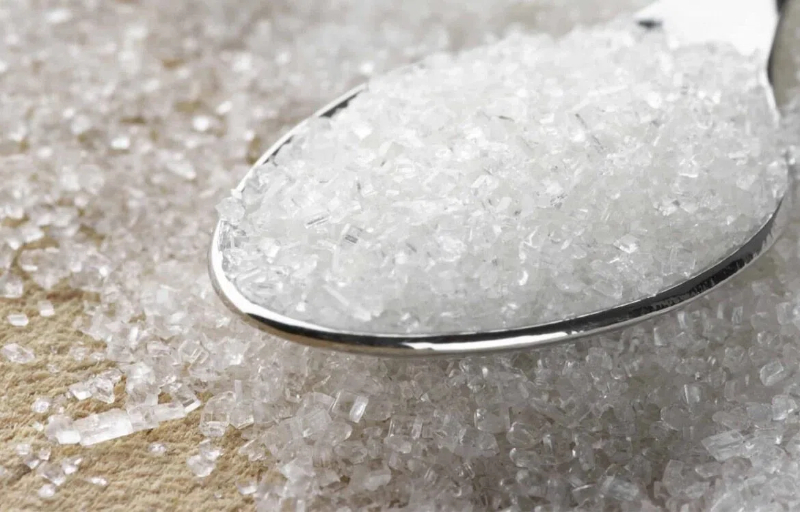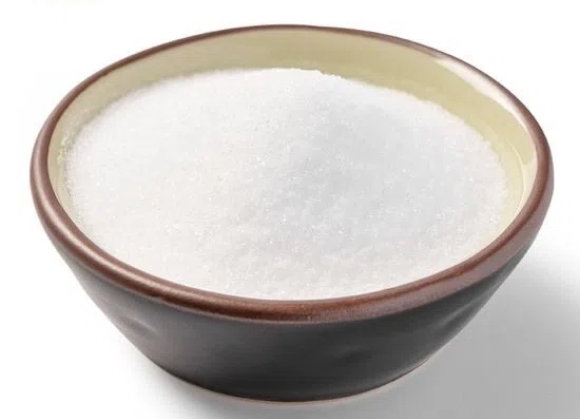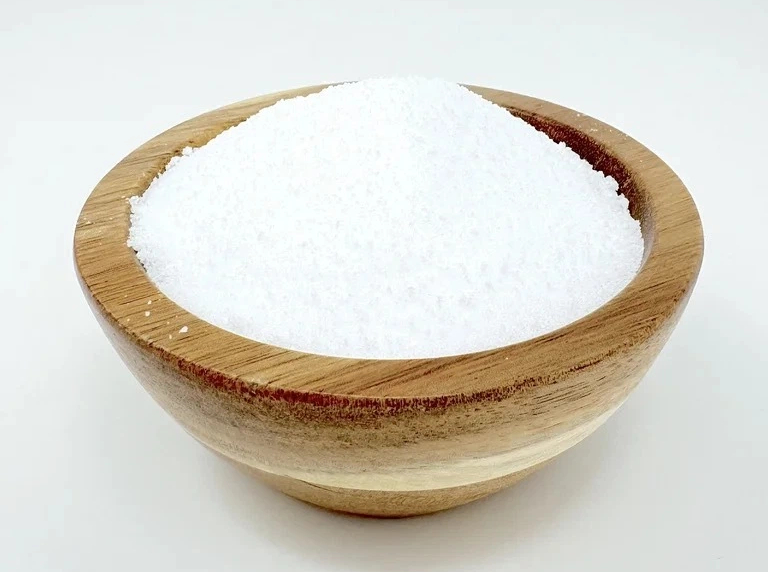Views: 222 Author: Sara Publish Time: 2025-10-29 Origin: Site








Content Menu
● What is Maltitol and why it matters
● Maltitol supply in Austria: market dynamics and capabilities
● Form factors and technical specifications
● Application landscapes and formulation strategies
● Sourcing considerations and supplier evaluation
● Supplier engagement: a practical approach
● Quality, safety, and sustainability narratives
● Applications for health-focused manufacturers
● Case for Austria as a sourcing hub
● FAQ
>> 1. What are the advantages of Maltitol as a sugar substitute for health-focused products?
>> 2. How does Maltitol compare to other polyols in sweetness and caloric profile?
>> 3. What should international buyers evaluate when sourcing Maltitol from Austria?
>> 5. What certifications should a Maltitol supplier in Austria possess to meet global requirements?
Top Maltitol Manufacturers and Suppliers in Austria explores how Austrian and Central European players position themselves in the global maltitol supply chain, and how foreign manufacturers can leverage Austria-based capabilities for OEM/ODM projects, custom blends, and reliable logistics. Maltitol, a sugar alcohol with roughly 90% of the sweetness of sucrose and lower caloric load, is widely used in confectionery, bakery, dairy, beverages, and pharmaceutical formulations. Austrian suppliers often emphasize stringent quality controls, certifications, and flexible formats—powder, syrup, and liquid maltitol—to meet diverse international needs. This article delves into the landscape, key form factors, application arenas, and strategic considerations when sourcing Maltitol from Austria, while highlighting how your health-focused manufacturing expertise aligns with global demand for natural sweeteners, functional polyols, and dietary fibers.

Maltitol is a hydrogenated starch hydrolysate (HSH) sugar substitute that delivers a clean, sugar-like sweetness with reduced impact on blood glucose, making it attractive for diabetic-friendly and low-sugar formulations. Its chemical structure, while complex, translates into desirable processing characteristics: good mouthfeel, excellent solubility in liquids, and compatibility with a wide range of ingredients, including dairy fats, cocoa, and chocolate systems. For producers of foods, beverages, and nutraceuticals, maltitol offers:
- Predictable sweetness profiles across products, enabling consistent reformulation.
- Stability under heat and baking conditions, supporting confectionery and bakery applications.
- Compatibility with other polyols and high-intensity sweeteners to optimize taste, texture, and shelf life.
Austria serves as a strategic gateway for European maltitol supply, with several manufacturers and contract manufacturers offering material forms suited to diverse processing needs. Typical capabilities highlighted by Austrian Maltitol Manufacturers and Suppliers include:
- Product varieties: maltitol powder, maltitol syrup, and maltitol liquids for pharmaceutical and nutraceutical applications.
- Quality systems: GMP, HACCP, ISO-based management, and certification programs such as Kosher and Halal where applicable.
- Customization: formulation support, toll manufacturing, blending expertise, and OEM/ODM services to tailor maltitol offerings to foreign customers.
- Logistics: robust cold-chain considerations for maltitol syrups, dependable bulk packaging, and reliable cross-border distribution within Europe and beyond.
Understanding the primary maltitol forms helps buyers choose the right partner in Austria:
- Maltitol powder: Fine powder with defined particle size, suitable for dry blends, bakery batters, and instant mixes. Typical considerations include moisture content, bulk density, and flow characteristics to ensure ease of handling in tablet pressing or dry mix production.
- Maltitol syrup: Viscous liquid form that integrates smoothly into beverages, fillings, and syrups. Syrup form often features specific dextrose equivalents (DE) and viscosity targets to meet processing and mouthfeel requirements.
- Maltitol liquids: Liquid maltitol variants designed for pharmaceutical or specialized food applications requiring precise dosing and dispersion properties.
Austrian maltitol suppliers frequently serve a broad spectrum of industries, and foreign manufacturers can benefit from their expertise in:
- Confectionery: sugar-reduced chocolate and candies with improved texture, gloss, and bite, leveraging maltitol's crystalline behavior and compatibility with cocoa butter systems.
- Baked goods: cookie and biscuit applications where maltitol helps reduce total sugars while maintaining crumb structure and spread characteristics.
- Dairy and frozen desserts: use in yogurts, ice creams, and frozen desserts to lower sugar content without sacrificing mouthfeel.
- Beverages: maltitol blends enable sugar reduction targets in ready-to-drink beverages, energy drinks, and oral-care drinks where sweetness consistency is critical.
- Pharmaceuticals and nutraceuticals: sugar-free or low-sugar formulations where taste masking and stability are essential, including chewable tablets and syrups.
When evaluating Maltitol Manufacturers and Suppliers in Austria, several criteria help ensure reliability and alignment with international needs:
- Certifications and compliance: verify GMP, HACCP, and any region-specific certifications. For exporters, ensure compliance with international food safety and pharmaceutical packaging standards.
- Traceability and sustainability: prefer suppliers with transparent supply chains, traceable raw materials, and environmentally responsible production practices.
- Customization capability: assess ability to formulate customized maltitol blends, adjust DE or moisture content, and support OEM/ODM development from concept to finished product.
- Logistics and lead times: regional proximity can shorten lead times; confirm packaging sizes, minimum order quantities, and export documentation.
- Technical support: look for accessible technical service teams, formulation libraries, and sample programs to support scale-up and product optimization.

- Initiate discussions around target product categories, projected volumes, and timelines.
- Request datasheets highlighting purity, moisture, DE, particle size, and recommended storage conditions.
- Seek opportunities for collaborative development—co-design maltitol blends that align with unique dietary fiber or natural sweetener platforms your factory specializes in.
- Explore joint marketing and co-branding opportunities that emphasize health-focused formulations and OEM/ODM capabilities.
- Quality is reinforced through systematic QA/QC processes, real-time analytics, and batch traceability from raw starch components to final maltitol forms.
- Safety considerations include allergen management, contaminant controls, and adherence to food-grade and pharmaceutical-grade requirements.
- Sustainability narratives can emphasize efficient sourcing, minimal waste in production, and packaging innovations that reduce environmental footprints.
Your factory's core strengths—natural sweeteners, functional polyols, and dietary fibers—resonate with Maltitol's role as a low-calorie sugar substitute. Integrating your capabilities with Austrian maltitol supply supports:
- Blended sweeteners: create custom blends combining maltitol with dietary fibers and other polyols to achieve targeted sweetness, fiber addition, and texture improvements.
- Functional formulations: leverage maltitol's compatibility with dietary fiber systems to deliver reduced-sugar products with improved satiety or functional claims.
- Tablet manufacturing: for nutraceuticals and dietary supplements, maltitol's compressibility properties can be harnessed in blend with your tablet excipients.
- OEM/ODM partnerships: provide turn-key development from concept through scale-up, including packaging, labeling, and regulatory compliance support.
- Proximity to Central European markets reduces logistics complexity and enables faster response times for European-based manufacturers.
- Access to a skilled workforce and established quality-first culture supports high repeatability and consistency in maltitol production and handling.
- Potential for collaborative development with local contract manufacturers who can provide rapid prototyping of maltitol-containing formulations and pilot-scale production.
Austria sits at a strategic crossroads for Maltitol Manufacturers and Suppliers, offering access to robust quality systems, diverse product formats, and OEM/ODM capabilities that align with the needs of global food, beverage, and pharmaceutical players. For foreign manufacturers seeking to reduce sugar while maintaining taste, texture, and stability, Austrian maltitol suppliers provide the blend of technical expertise and reliable logistics necessary to support scalable, compliant, and health-oriented product development. By integrating your factory's proficiency in natural sweeteners, functional polyols, and dietary fibers with Austrian maltitol supply networks, a powerful platform emerges for delivering healthier formulations to markets worldwide.

The advantage of maltitol as a sugar substitute lies in its low glycemic index and low risk of causing tooth decay, while also providing a taste and sweetness similar to that of sucrose.
Maltitol has a sweetness of approximately 90% of sucrose and a calorie content of about 2.1 kcal/g. Its sweetness is higher than that of most sugar alcohols, but its calorie content is also relatively high.
When international buyers purchase maltitol from Austria, they should focus on evaluating key indicators such as the producer's ISO22000 or FSSC22000 food safety certification qualifications and product particle size control.
Maltitol can be widely used in dairy products, baking and beverages. When used in reasonable amounts, it can effectively maintain the texture of the products. However, it is necessary to pay attention to the differentiated impact of its hygroscopicity on the texture of different foods.
Austrian maltitol suppliers should possess FSSC 22000 or ISO 22000 food safety system certifications and hold import compliance certifications from the European Food Safety Authority (EFSA) and the target market.
[1](https://www.futuremarketinsights.com/reports/maltitlol-market)
[2](https://www.theinsightpartners.com/reports/crystalline-maltitol-market)
[3](https://www.marketdataforecast.com/market-reports/maltitol-market)
[4](https://suzhouchem.com/chemicals/supplier-distributor/maltitol/585-88-6)
[5](https://www.researchandmarkets.com/reports/5800834/crystalline-maltitol-market-report-industry)
[6](https://www.theinsightpartners.com/reports/maltitol-market)
[7](https://www.openpr.com/news/3286940/maltitol-market-to-witness-huge-growth-with-roquette-freres)
[8](https://www.marketsandmarkets.com/Market-Reports/polyol-sweetener-market-175156373.html)
[9](https://market.us/report/natural-sweeteners-market/)
[10](https://www.statsandresearch.com/report/26582-global-maltitol-sweetener-market/)
